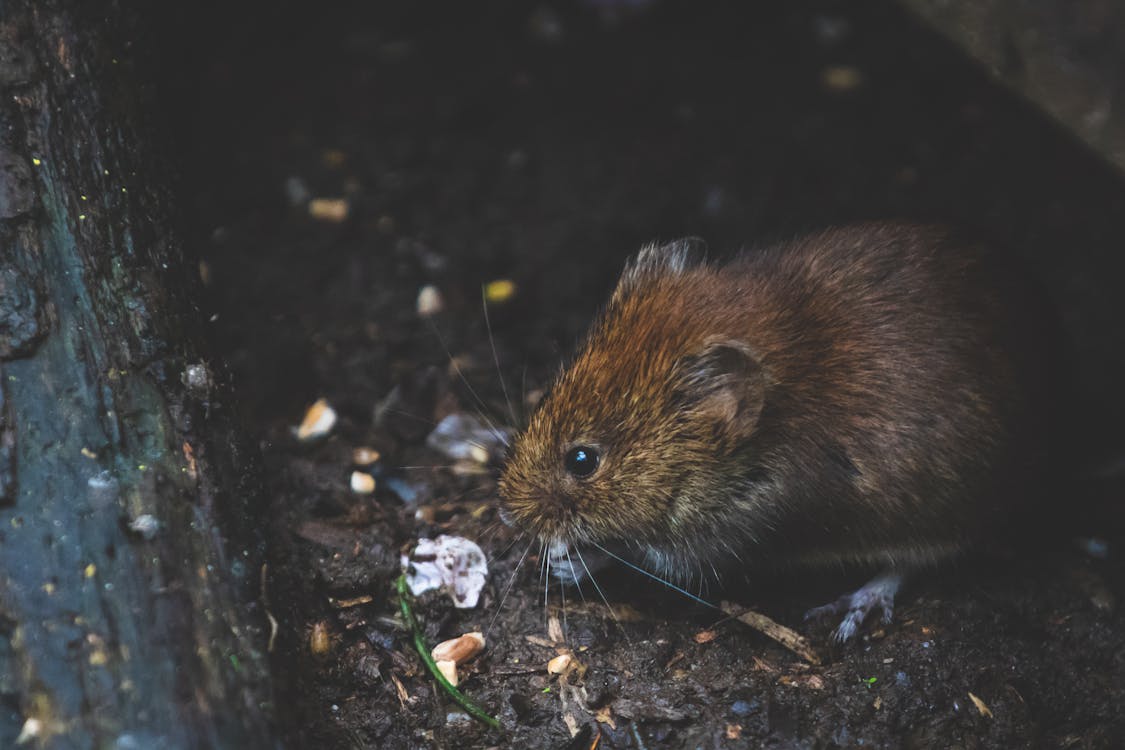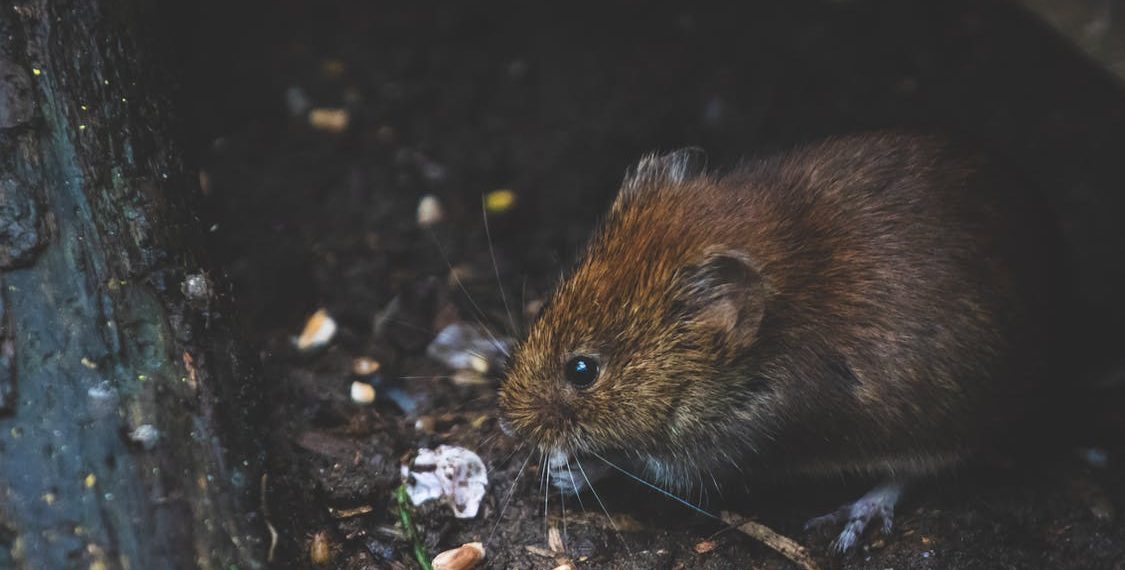
It is not surprising that pest infestation is a huge house problem. Aside from the nuisance it brings, pests can cause serious health issues.
For one, insects and vermins can be carriers of disease-causing bacteria. Thus, neglecting infestations can compromise your family’s health and well-being. It causes damage to your house, too.
This is where having pesticides could come in handy.
However, pesticides are filled with chemicals that can contaminate soil and water. Plus, it can be toxic to other organisms like birds and fish.
Why Use Eco-friendly Pest Control Methods
As mentioned earlier, commercial pest control methods can be toxic to us, our pets, other animals, and the environment.
Even if you apply a minimal amount, it can seep through the air, solid, and water. Pesticides can stay in the environment for a couple of days to a couple of years, causing an imbalance in our ecosystem.
This explains why beekeepers are asking for a pesticide ban. That’s because they see chemical pest control as one of the culprits of declining beehive colonies. In fact, since 2006, beehive colonies have decimated at an annual rate of 30%.
In addition, exposure to pesticides can pose risks to human health, reproduction, and development. Chronic pesticide exposure can lead to the following health issues:
- Congenital disabilities
- Genetic changes
- Cancer
- Nerve disorders
- Blood disorders
This is in addition to short-term health risks like skin irritation, dizziness, and nausea.
Luckily, there are various eco-friendly methods you can do to prevent pest infestation. Keep on reading to discover what those earth-friendly pest control methods are.
Use a Homemade All-Purpose Cleaner
The first step in deterring pests is to clean your house. But instead of using chemical-laden all-purpose cleaners, consider using something homemade.
And the simplest solution you can do is mix one cup of vinegar with two cups of water and add 10-15 drops of essential oil to a spray bottle. Shake it well before spraying an area that needs cleaning. Use it similar to how you would use an all-purpose cleaner.
Vinegar and essential oil remove food remnants and smell. Thus, bugs and insects have no scent to follow.
What if you do not have essential oils? No problem.
Add citrus peels in a jar, cover with vinegar, and let it sit in a cool, dry place for at least a week. Strain the solution, add some water, and you now have a natural all-purpose cleaner.
Add Spices on Your Window Sills
Salt, pepper, cinnamon, and more are added to our food to make it taste better. But don’t you know that these spices are also excellent pest deterrents? That’s because their scent is considered offensive by some bugs and insects.
That said, you can sprinkle these spices along your window sill. It is like you are drawing a line in the sand.
Another thing you can do is put some bay leaves, cloves, and cinnamon in a small bag like a potpourri. Place it in your cupboards, closets, or bookshelves to prevent pests from invading these closed spaces.
Use Companion Plants
Mint, basil, and rosemary are not just herbs used to make your cooking fragrant. They also work well as natural pest control.
You can plant these herbs throughout your yard and vegetable garden to attract beneficial insects and deter pests. Hence, they are called “companion plants.” You can even use these herbs for indoor pest control as well!
If you would rather have a garden without companion plants, consider planting flowers that are natural pest deterrents. Some excellent examples are lavender, chrysanthemums, marigolds, and lemongrass.
Maximize Your Food Scraps
Another way to protect your vegetation or garden is to turn food scraps into fertilizer and natural pesticides.
Some kitchen scraps you can use are citrus peels, banana peels, and coffee grounds.
Citrus peels are known to keep pests away while burying cut-up banana peels an inch or two deep can help remove aphids. Meanwhile, brewed coffee grounds let off a strong scent that ants, mosquitos, and wasps do not like. Just remember to let freshly brewed coffee grounds cool down before placing them outside your window sills.
Welcome Birds and Other Animals
If you have a garden, it will help if you make it conducive for attracting birds and friendly animals. That’s because they sometimes prey on insects, bugs, and other pests.
As such, they act as a natural pest deterrent while making your garden look pretty and zen.
To do that, you can install birdhouses and feeders in your yard. In return, they can help you get rid of caterpillars, snails, and slugs that can harm your plants.
Use Rat Traps Instead
Whenever we have a rodent infestation, the first solution that comes to mind is using poison. And while it can work, it causes a slow and painful death in rats that many find inhumane.
Moreover, a poisoned rat can still spread diseases. That said, a better way to catch rodents is to set a trap.
From peanut butter and oatmeal to mouse glue traps, there are many rat traps in the market that can help you eliminate rodent infestation.
Better yet, you can make your sticky trap. All you need are some sticky tape and bait such as peanut butter. Place a dollop of peanut butter on a paper plate, place it on the floor and encircle it with sticky tape.
The rationale here is that rodents will have to cross the tape first before getting to the peanut butter. And that’s how they get trapped.
Conclusion
As concern about the climate crisis increases, more and more people are becoming conscious about how their actions impact the environment. One of which is pest control.
So, instead of using toxic pesticides to rid your home of unwanted pests, consider going eco-friendly. You would be surprised at what Mother Nature and your pantry can offer to protect your home from getting infested.
The best part? Eco-friendly pest control methods do not compromise your family’s health and well-being. It also ensures the safety of your pets if you have one (or more) as long as you follow safety precautions.


